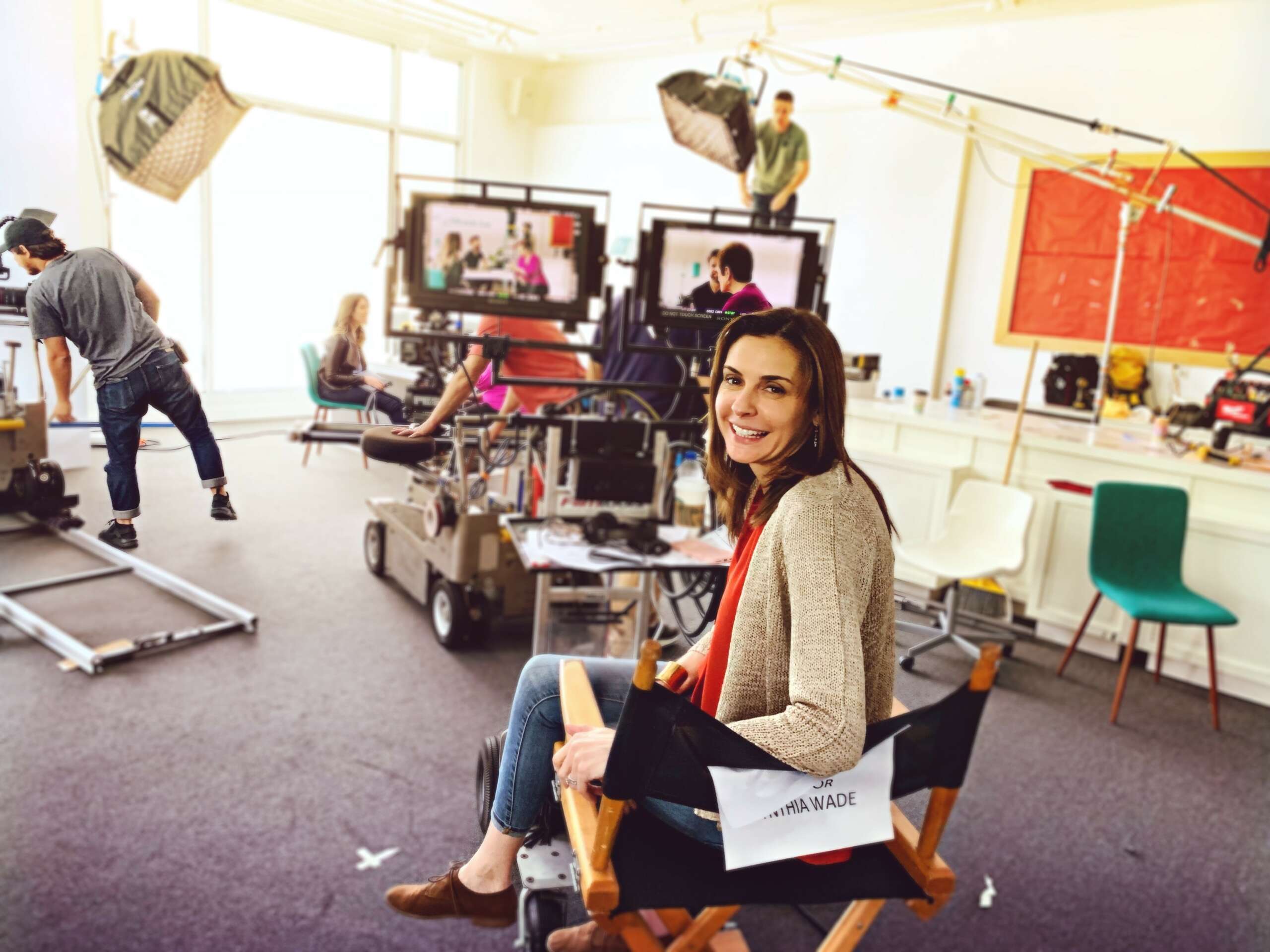Alright—today, we have the honor of introducing you to Cynthia Wade. We think you’ll enjoy our conversation, so we’ve shared it below.
Cynthia, I’m looking forward to hearing all of your stories today. We’ve all been there before: Things are tight financially, and we start asking ourselves whether small/simple joys like a cup of coffee are worth it. Have you had an experience like this, and if so, how did you think about this sort of spending?
This is a funny question because it assumes that the tough and lean times are behind me—that lean times are “early career” events. The film industry is in crisis due to streamer layoffs, mergers, shrinking budgets, and corporate fear over algorithms. I’d argue that things are as tough and lean as ever. But I’d also say that this means there are unexpected opportunities. We can think about films in new ways and build new systems.
Independent artists take lifelong vows for their art. It’s not unlike a marriage vow – for richer or poorer, in sickness and in health.
Every time I start a film, I start at the bottom. What looms ahead is a large mountain, often a bigger mountain than I’ve ever seen. I can never see the top; it’s shrouded in fog. I don’t know how long it will take to scale it – how many months or years? What is the terrain like – where do I risk slipping and falling? Where will I need to hunker down for an extended period, even if it’s lonely and cold?
This industry exists because of risk-takers, yet it is controlled and run by the risk-averse. There’s an inherent tension in that. The makers can see, feel, breathe, and envision a world the overlords can’t yet see. And yet the overlords need us – literally need us – to create, break things, smash rules, experiment, roll the dice, and gamble – because we’re the engine that keeps them employed. If you look at it one way, this can be very maddening (how come the creative and financial risks are almost entirely on us?), but it’s also incredibly freeing. Our consistent lifelong boss is the inner call of our art. It’s remarkable to wake up every morning nurturing a dream you are slowly feeding.
As an independent director, I often wrestle with the “now vs. later” financial gamble: is it better to make this film now with less money since I risk someone else making a similar movie (but maybe not as strong) before I can? Or is it better to wait – which is a different risk of time – while I try to raise money? Each project has its own path, its own DNA, its own birth story, its own audience, and its own impact, so my decisions vary depending on the project.
I am happiest in the messy middle, in the brutality of that mountain climb while creating. So, if it means living through many more lean and tough times ahead, I’m okay with that.
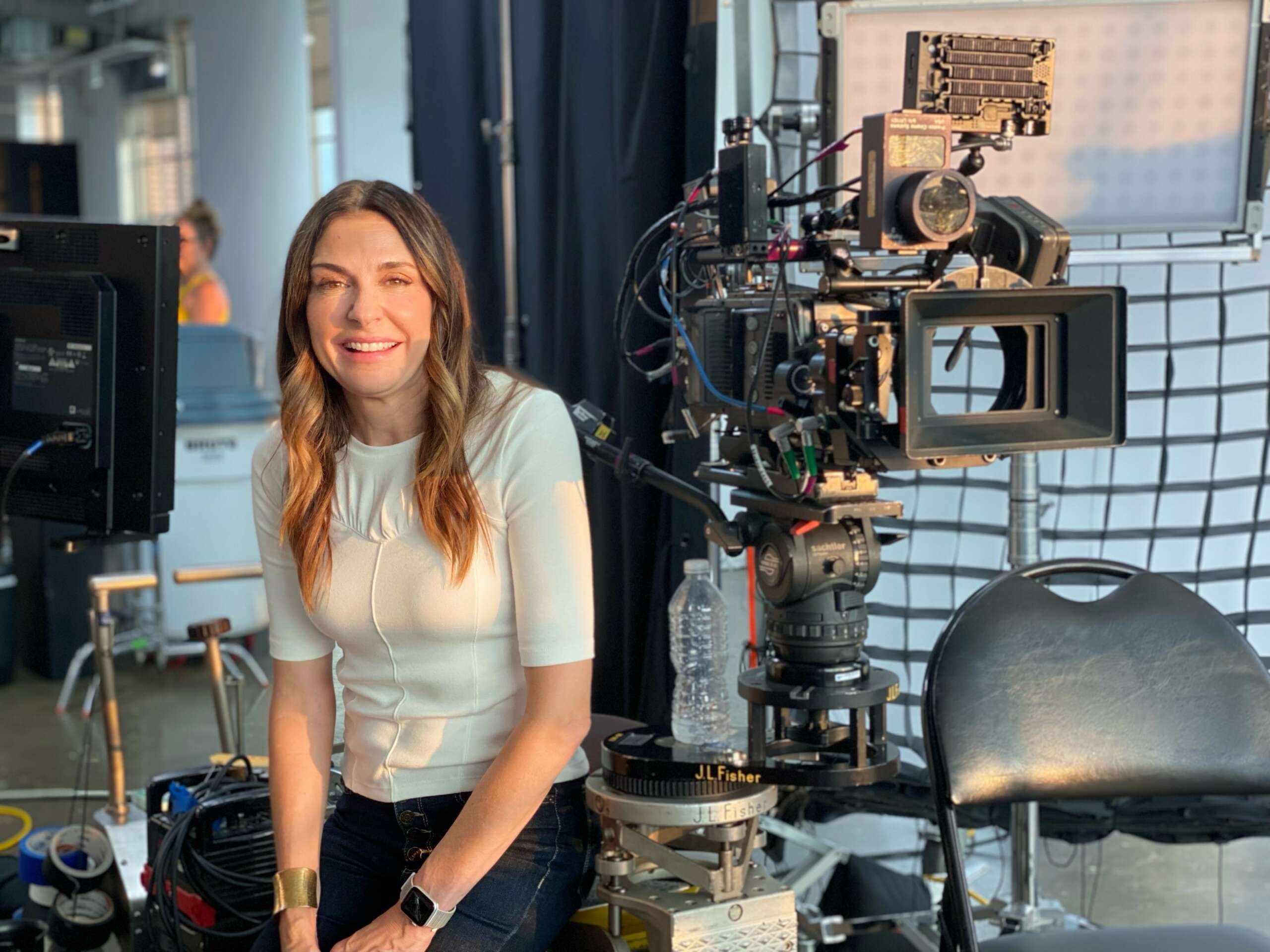
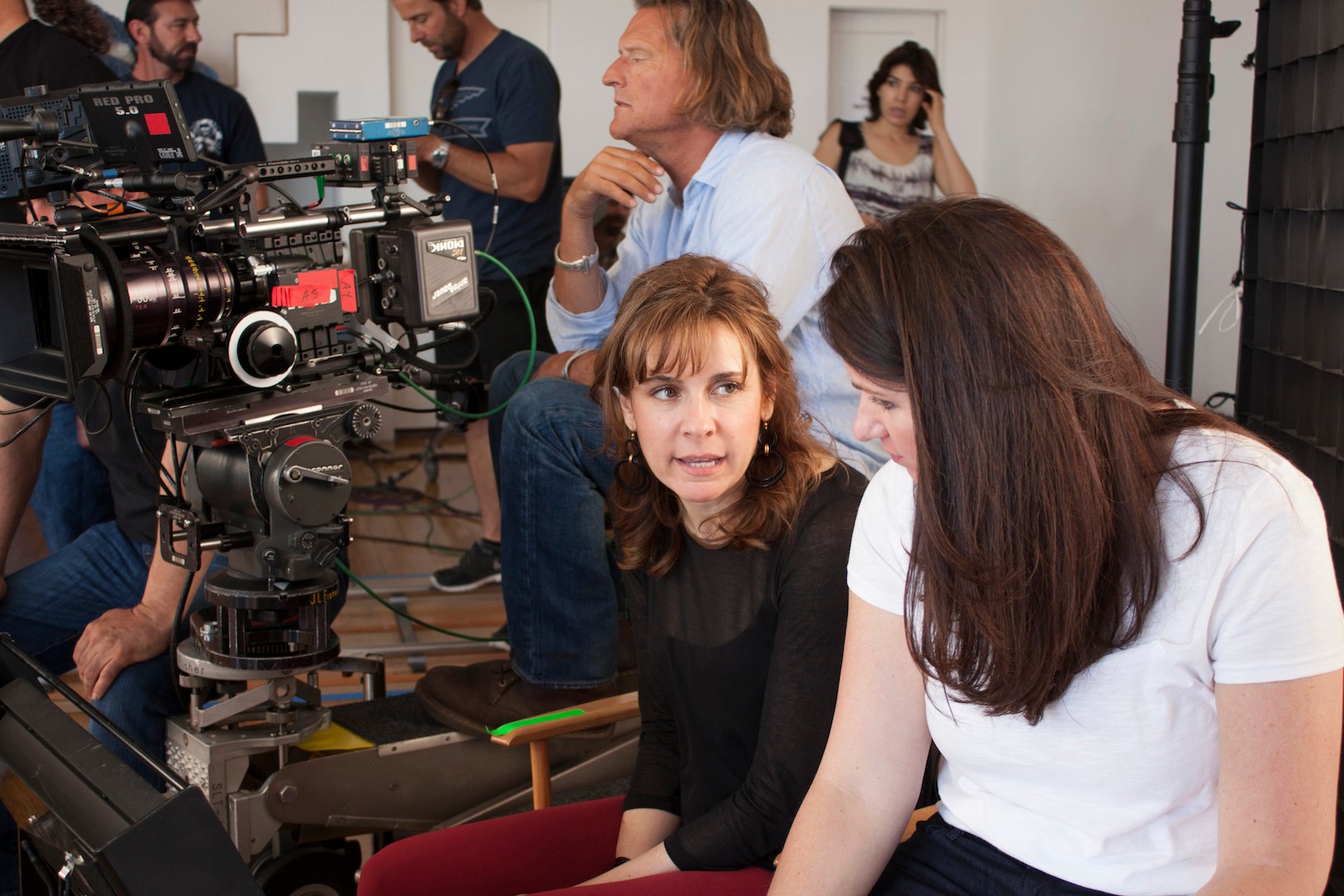
Cynthia, love having you share your insights with us. Before we ask you more questions, maybe you can take a moment to introduce yourself to our readers who might have missed our earlier conversations?
After college, as my classmates headed to Wall Street and Madison Avenue, I chose to work at five different New York City homeless shelters. There, I helped establish Head Start programs, created job training programs, planned summer adventures, and curated events. My budget was microscopic; the needs were enormous. I learned to be tenacious and relentless. I practiced the art of pulling rabbits out of hats, of making something from nothing.
During those six years, I kept hearing a call. It was an itch, a drive I couldn’t shake. I wanted to tell stories. I wanted to make films. At age 24, I was offered a partial scholarship to Stanford University’s MA program in documentary film. It was a risk. In the best-case scenario, it would take me a decade to pay off my student loans — and only if I hustled for years.
At Stanford, I learned the technical aspects of filmmaking, which was enormously helpful as it armed me with the nuts and bolts of shooting and editing. I nurtured a burgeoning freelance career while holding down many day jobs. I was a dishwasher, freelance grant writer, and a driver for low-income moms who needed rides to the supermarket. Once, I had a job where I had to take the temperature of ham sandwiches every morning for the Board of Health. I shot wedding videos. I played my flute in the NYC subways. When I finally got on a film set, I was the hauler of tripods.
Over time, I worked as a cinematographer. Then, I built a small production company. Along the way, I’ve eaten ants and bats, shimmied into abandoned buildings, been chased by a pimp, flown a drone into a toxic mud volcano, caught the wire on an aircraft carrier, lived in an arsenic-filled village in Cambodia, and slept on the couch in the home of dying police officer for weeks – all to tell stories that would otherwise go unmarked and unnoticed by the world.
I’ve been directing commercials for about a decade and show-running and directing documentary series for the past few years. I’m increasingly working in the fiction space, and I am excited to grow more as a director in the fiction world.
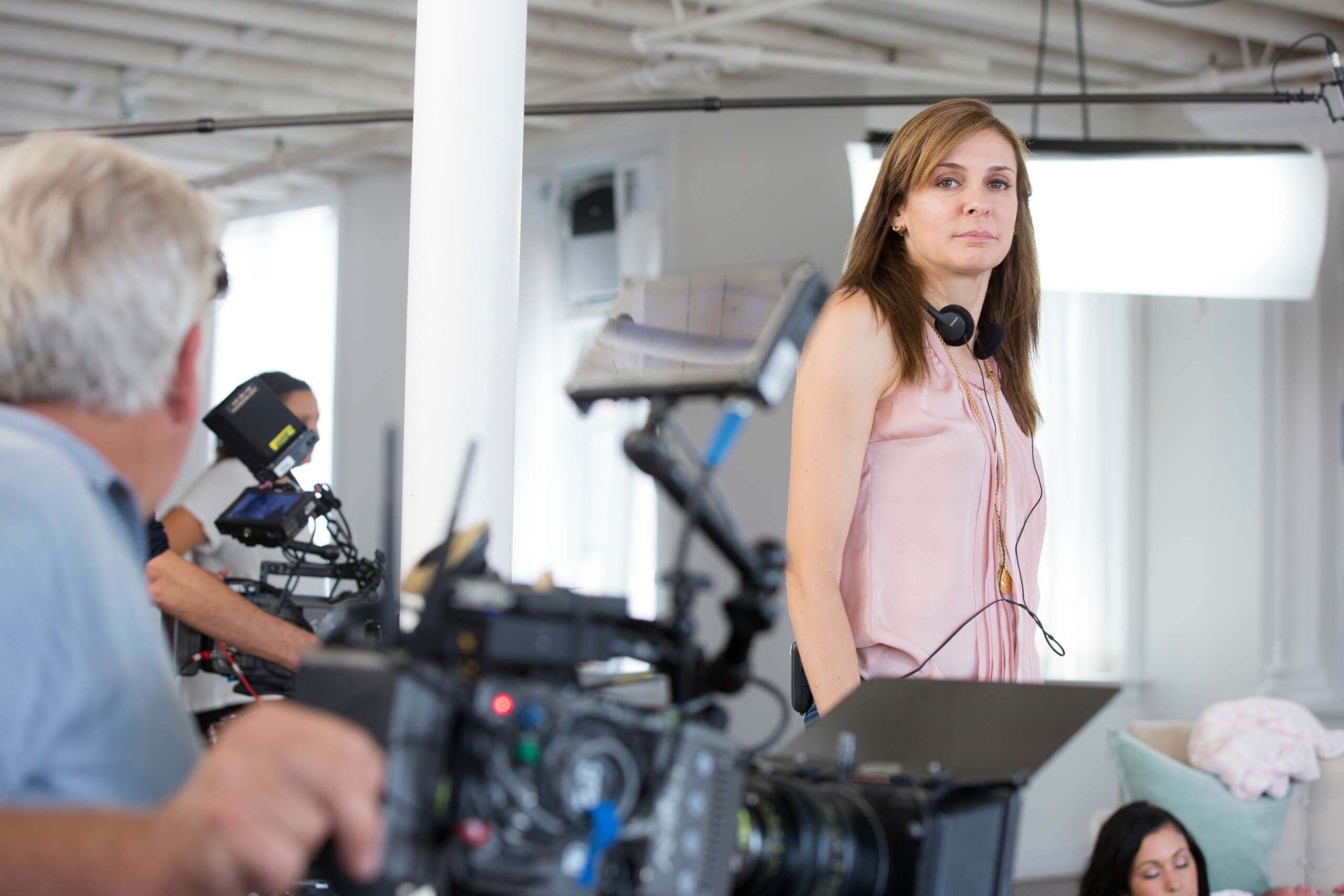
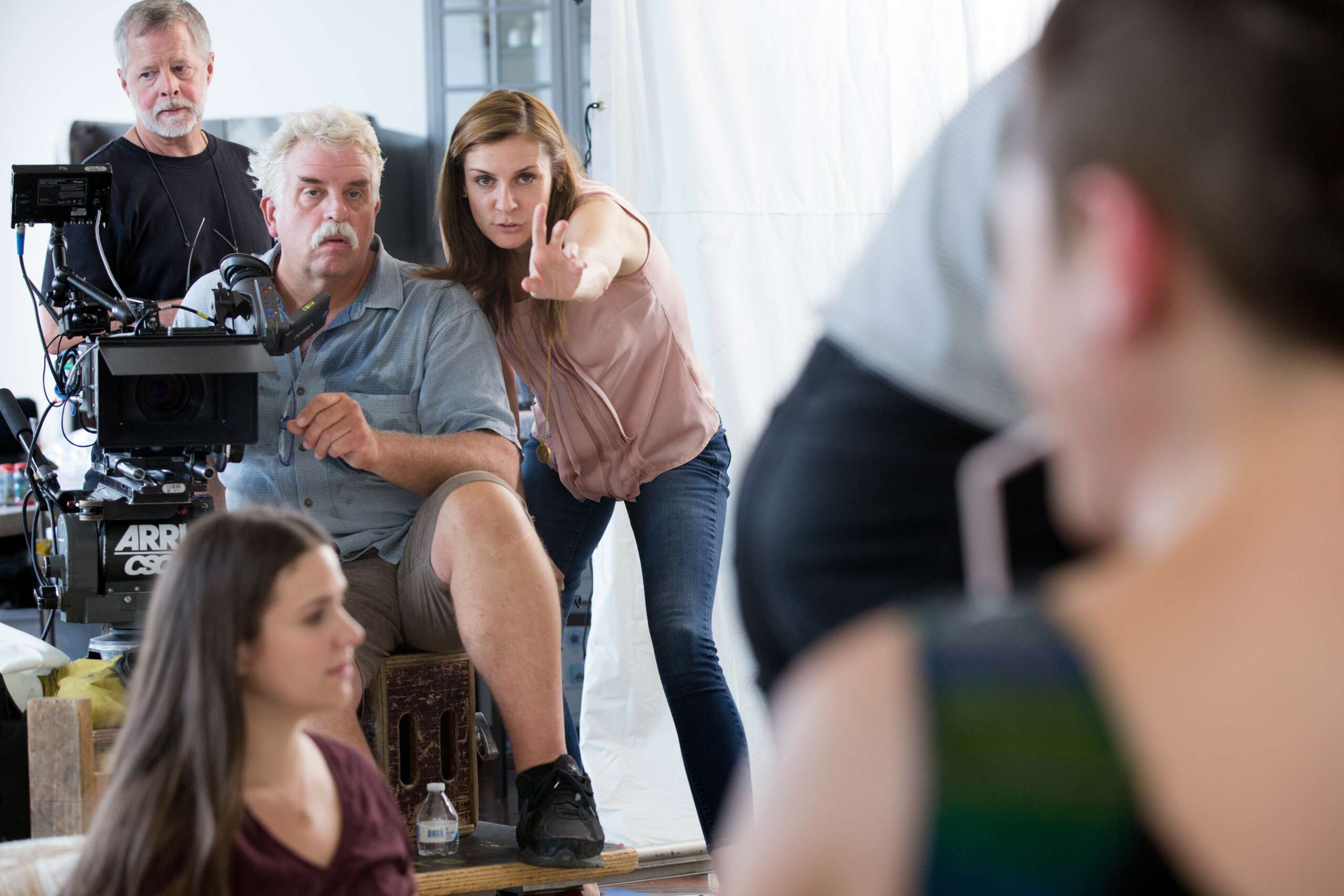
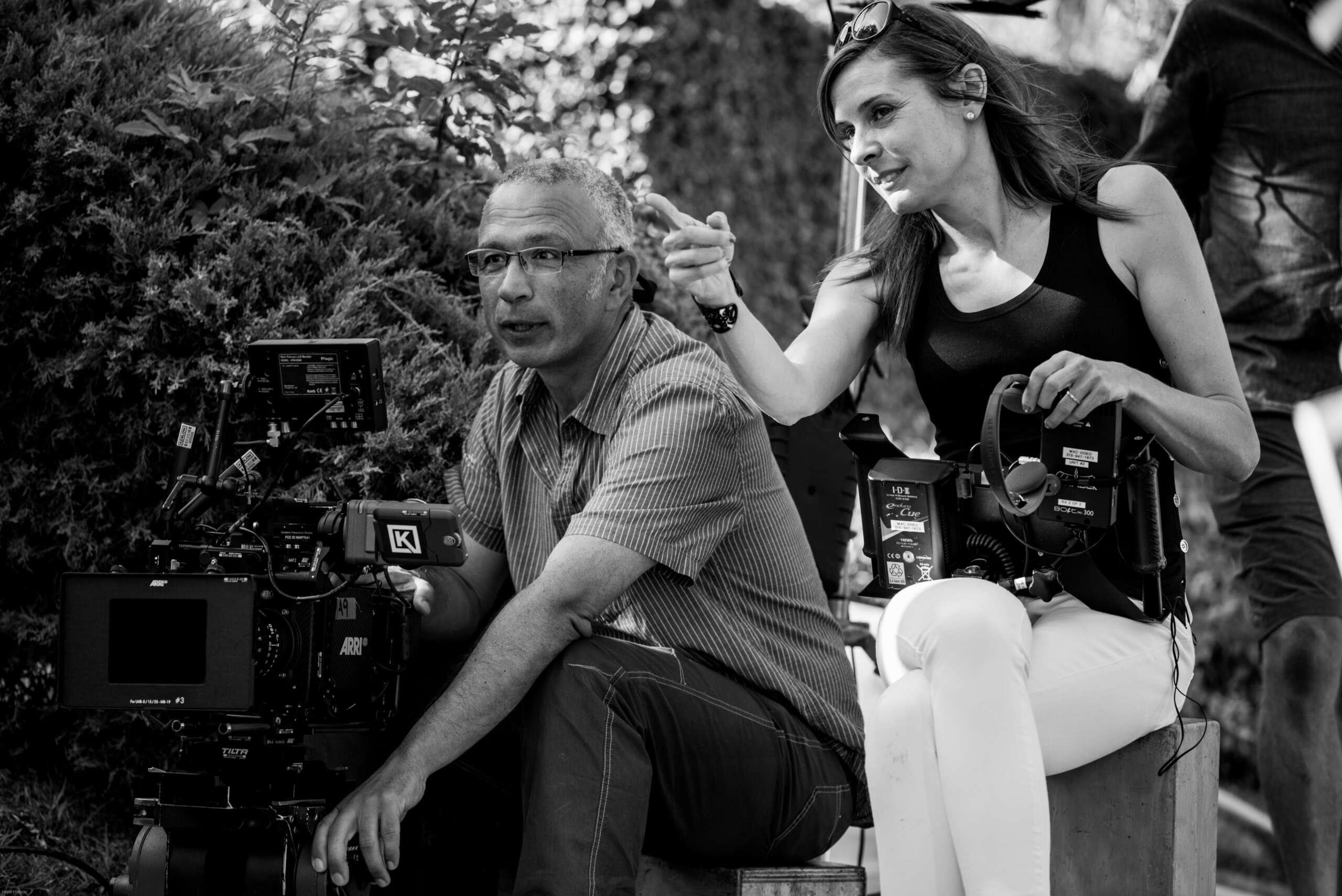
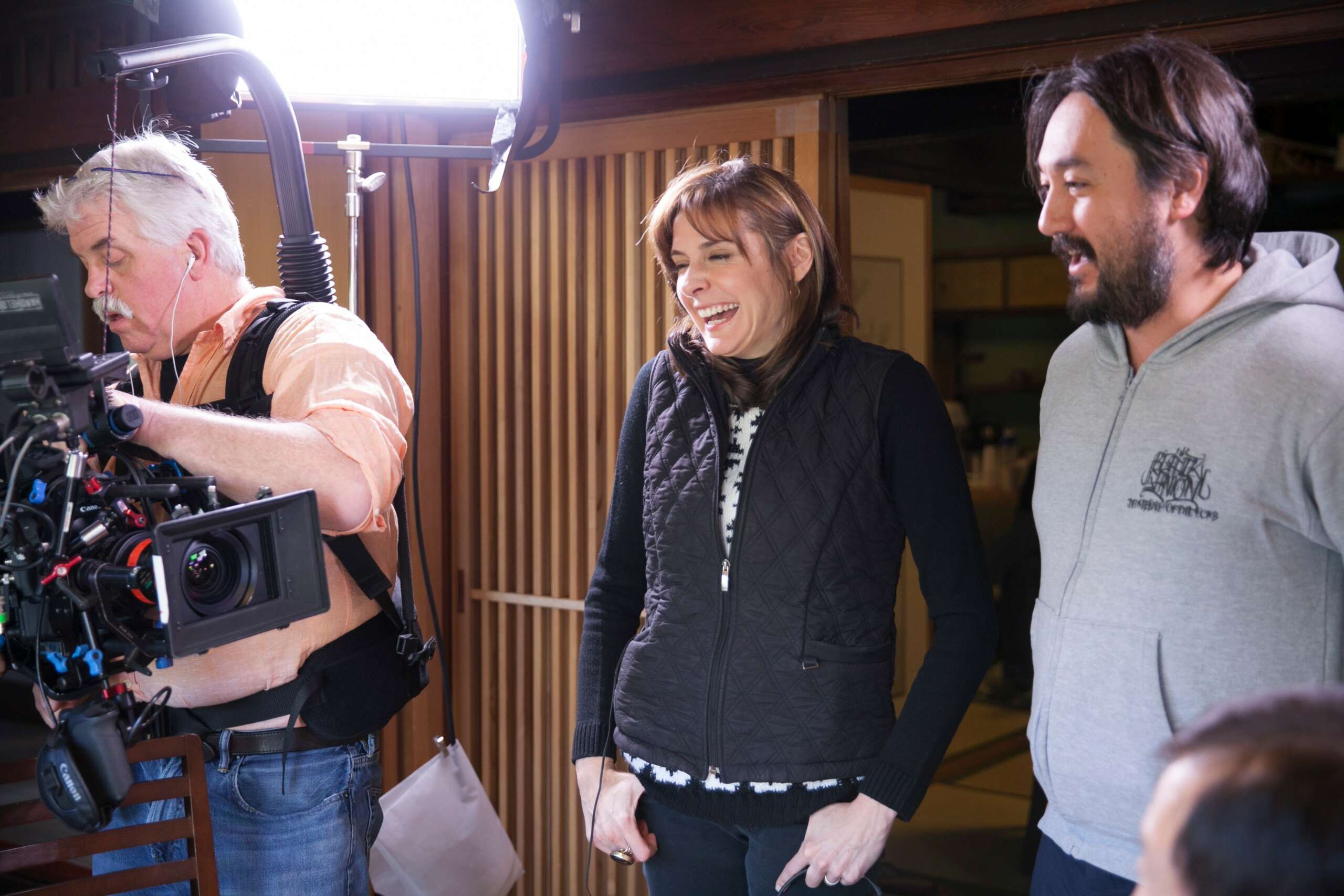
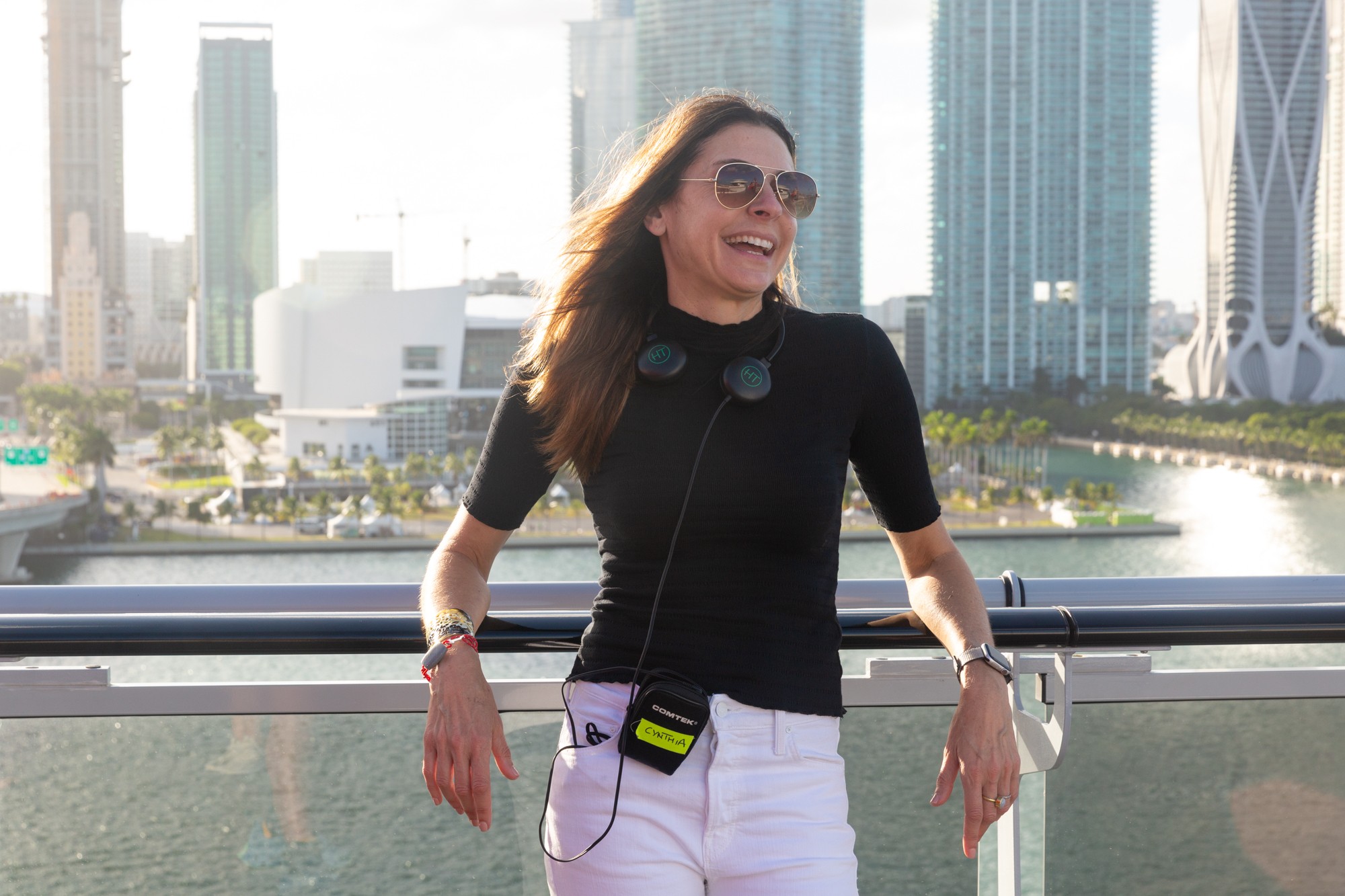
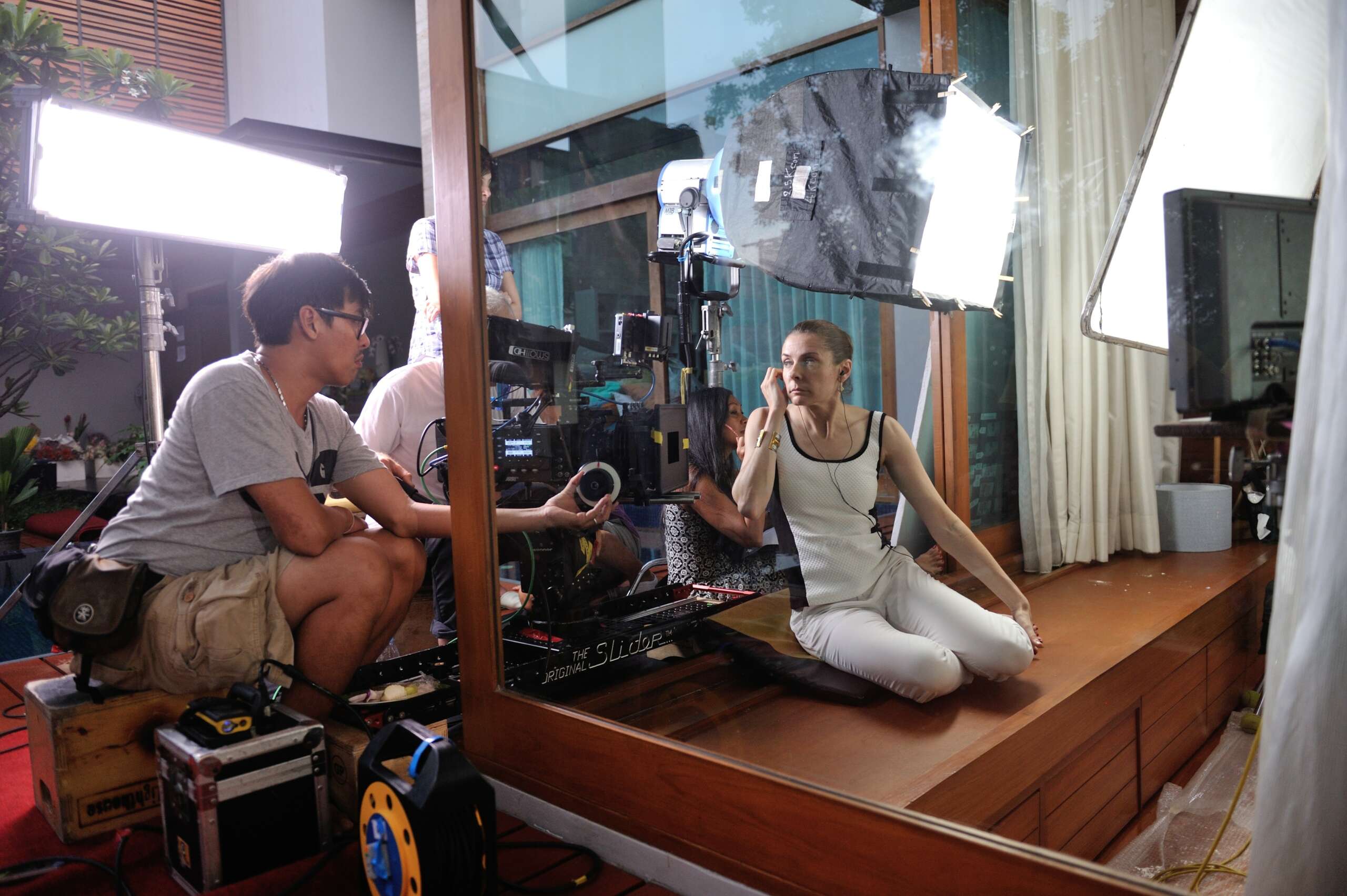
Is there something you think non-creatives will struggle to understand about your journey as a creative? Maybe you can provide some insight – you never know who might benefit from the enlightenment.
What surprises people the most is:
1/ I usually don’t know my schedule more than 3 months in advance.
2/ I have no idea what I’ll be a mini-expert next. Will I take a deep dive into the history of Wall Street, or will I learn about kangaroos? It depends on the film.
3/ Rejection is more common than you think.
It’s hard for people to imagine a life where everything has to be made from scratch every time. It’s not like I built a business I can scale or sell. Each film is unique, so it all starts from zero with each one.
One of the things I always do is to run PA Class on Zoom for new production assistants before they show up to set. It helps them be successful if they understand what we are filming, who the players are, what the work expectations are, and what the politics are (especially if it’s a sensitive topic or we have clients on set). Most folks shine and grow if they understand the context in which they are working and if they understand that the story is what we are all there for. I also work to remember everyone’s name and thank them at the end of the day.
Life is a chain of trying, failing, getting up, and working harder. But that itch, that complete single-mindedness to make another film, grow the craft, and build something new, drives me. All I want to do is to create something out of nothing. If I can’t create, I am jumpy and itchy. So I work to pull rabbits out of hats. I pivot, I shift. I chase after stories that feel important to me, stories that could change hearts and minds – maybe even the world.
Contact Info:
- Website: https://www.cynthiawade.com/
- Instagram: https://www.instagram.com/cynthiawadefilm/
- Facebook: https://www.facebook.com/cynthia.wade.71
- Linkedin: https://www.linkedin.com/in/cynthia-wade-a447607/
Image Credits
Boaz Freund, Heidi Gutman, Tim Speidel


